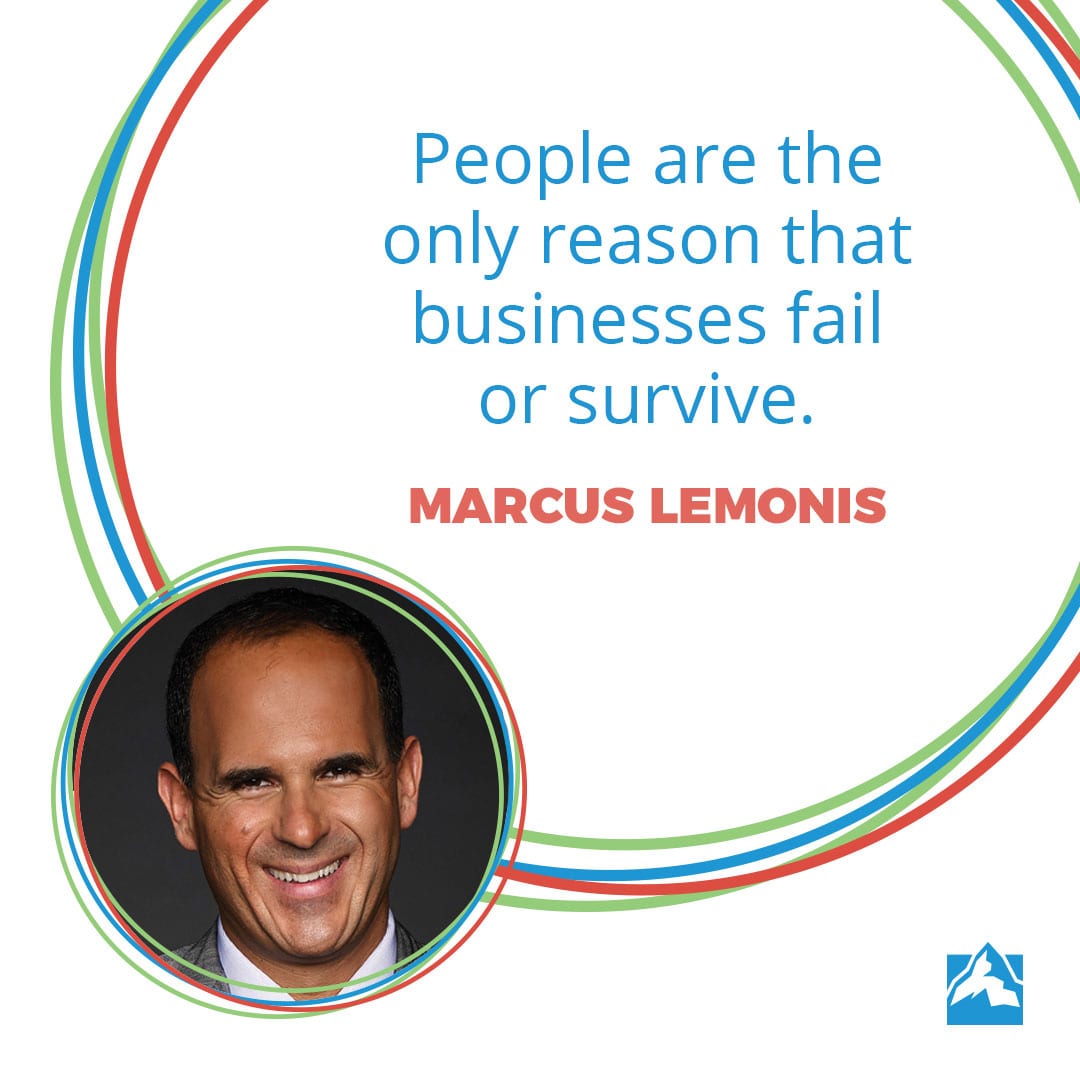
People are the only reason that businesses fail or survive.

People are the only reason that businesses fail or survive.
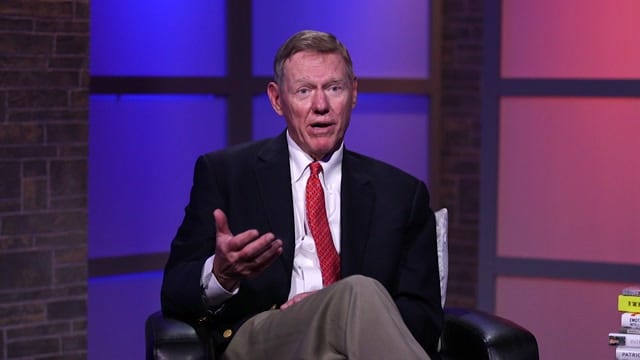
Alan Mulally provides practical coaching on company growth amidst the many seasons an organization faces.

Grace Church has hosted The Global Leadership Summit for almost 20 years. They were the 17th site to come on board as the Summit expanded around the United States. Last year, they were proud to be the largest single church host site and have been ranked as a top 25 site by their attendees. We’re excited by what Grace Church is doing through a city-wide movement in Indianapolis. Not only are they having an impact on the church, but also local businesses, civic organizations, schools, non-profits and now prisons.
“We are dedicated to hosting the Summit because of the impact we have seen over these years,” said David Bell, Pastor at Grace Church. “Our staff as individuals are consistently impacted to grow their leadership; in addition, our church’s leadership culture has been formed in great part by the incredible talks given by world-class leaders year after year.
“The impact of the Summit on us and our congregation is why we are spear-heading a city movement for Indianapolis with our friends from other area churches as we seek to see the impact of the Summit infiltrate throughout the churches, businesses, civic organizations, schools, non-profits, and the like of Central Indiana. And of course, this now includes God’s work through the Summit moving into our state correctional facilities.
We are grateful to play a part in God’s movement!”
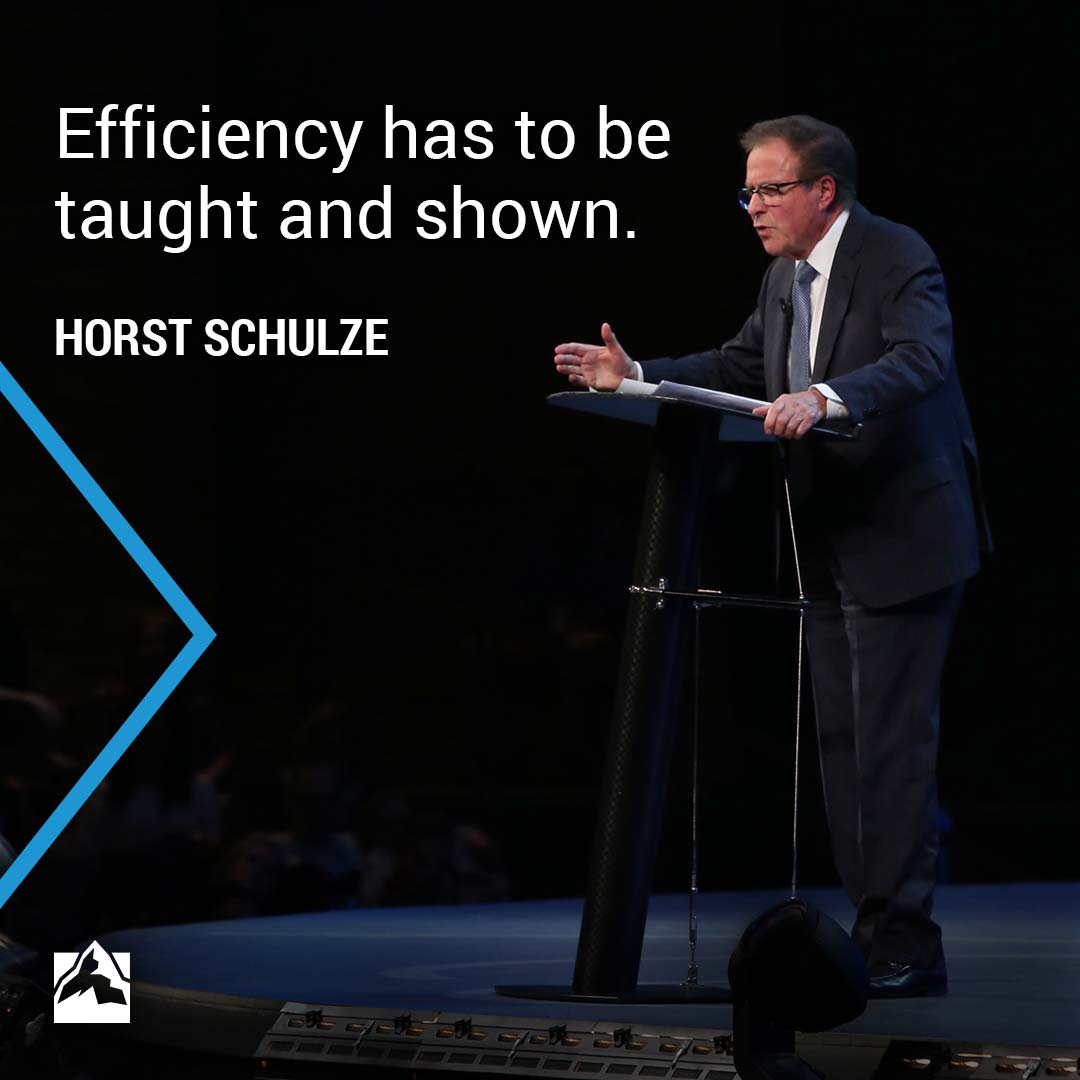
Efficiency has to be taught and shown.

Faith moves mountains. If faith were easy, there would be no mountains.

“People are my greatest challenge.”
Whether I’m coaching a pastor or a business executive, I repeatedly hear this phrase muttered in exhaustion. Different leaders…different environments, but the concern is nearly always the same. Leaders underestimate the challenge of leading others.
In my work with hundreds of leaders, I’ve grown convinced that emotional intelligence (or lack thereof) is at the core of our people issues in leadership. Emotional intelligence can be defined as: the capacity to be aware of, control and express one’s emotions, and to handle interpersonal relationships judiciously and empathetically.
To summarize: emotional intelligence is understanding myself and understanding others.
This subject is personal for me because it’s a skill I have had to work intentionally to develop. It is painful (and embarrassing) to admit that during my early years in leadership, I drove my assistant to tears almost every day. My directive, no-nonsense style was making her incredibly nervous and, as a result, her performance suffered and my intensity only increased. After a few interventions with the HR department, I began to realize it wasn’t all her. I had some growing to do.
An inc.com article explained the dangers of leading without emotional intelligence. “A leader lacking in emotional intelligence is not able to gauge effectively the needs, wants and expectations of those they lead. Leaders who react from their emotions without filtering them can create mistrust among their staff and seriously jeopardize their working relationships. Reacting with erratic emotions can be detrimental to overall culture, attitudes and positive feelings toward the company and the mission. Good leaders must be self-aware and understand how their verbal and non-verbal communication can affect the team.”
Our understanding of emotional intelligence has to be built on a healthy understanding of leadership. Leadership is not a title or position of power. It’s using our influence to help others achieve extraordinary outcomes. Leadership means understanding that our influence has the potential to change or affect the lives of those we lead. When our perspective of leadership is built on an others-centric viewpoint, we’re on our way to greater emotional intelligence.
In my own journey of growth, here are four principles I believe are essential for growing emotional intelligence.
Lead Yourself Well
Emotional intelligence begins with an awareness of your emotions. What is driving you? Are you controlling your team because you fear how their performance will impact you? Are you unpredictable or explosive? If so, why? What drives your emotional inconsistency? Is it fear, insecurity, uncertainty? We cannot lead others where we haven’t been ourselves. If you want to have a culture of emotionally healthy people, it must start with you.
Learn Your Team
Become a student of your team. Understand what brings them joy, what stresses them out and when they feel successful. Every person is motivated differently and the better you understand him or her, the more effective you’ll be at leading. Personality assessments are a valuable tool for this, but be cautious about “typing” people based upon their profile. While a personality profile such as Myers-Briggs, DISC or Strengths Finder is a great launching point for learning your team, nothing replaces spending time with them and getting to know them personally.
Listen Well
Listen not only to what your team says, but listen for what they don’t say. Pay attention to quiet moments in meetings when it’s clear something is not being said. When someone you lead is brave enough to share bad news or confront you about a concern, ask clarifying questions and seek out more information before reacting. As leaders, we can become insulated from reality because people tell us only what we want to hear. To combat this tendency, you have to work double-time to create an environment where your team feels at liberty to speak truthfully and not be fearful for doing so.
Lead Humbly
Remember that while you are in the leadership seat, you are still growing and learning too. Every circumstance and every team of people are unique. Pray for wisdom and discernment to lead with a humble confidence. Be confident and humble because God placed you where you are.
Leadership is a sacred privilege. It’s the extraordinary opportunity to lead people to use their God-given gifts to accomplish the goals of the organization.
When you lead with emotional intelligence both those you lead and your organization get the best from you.

How can we come to agreement with God if we don’t have an experience with Him?
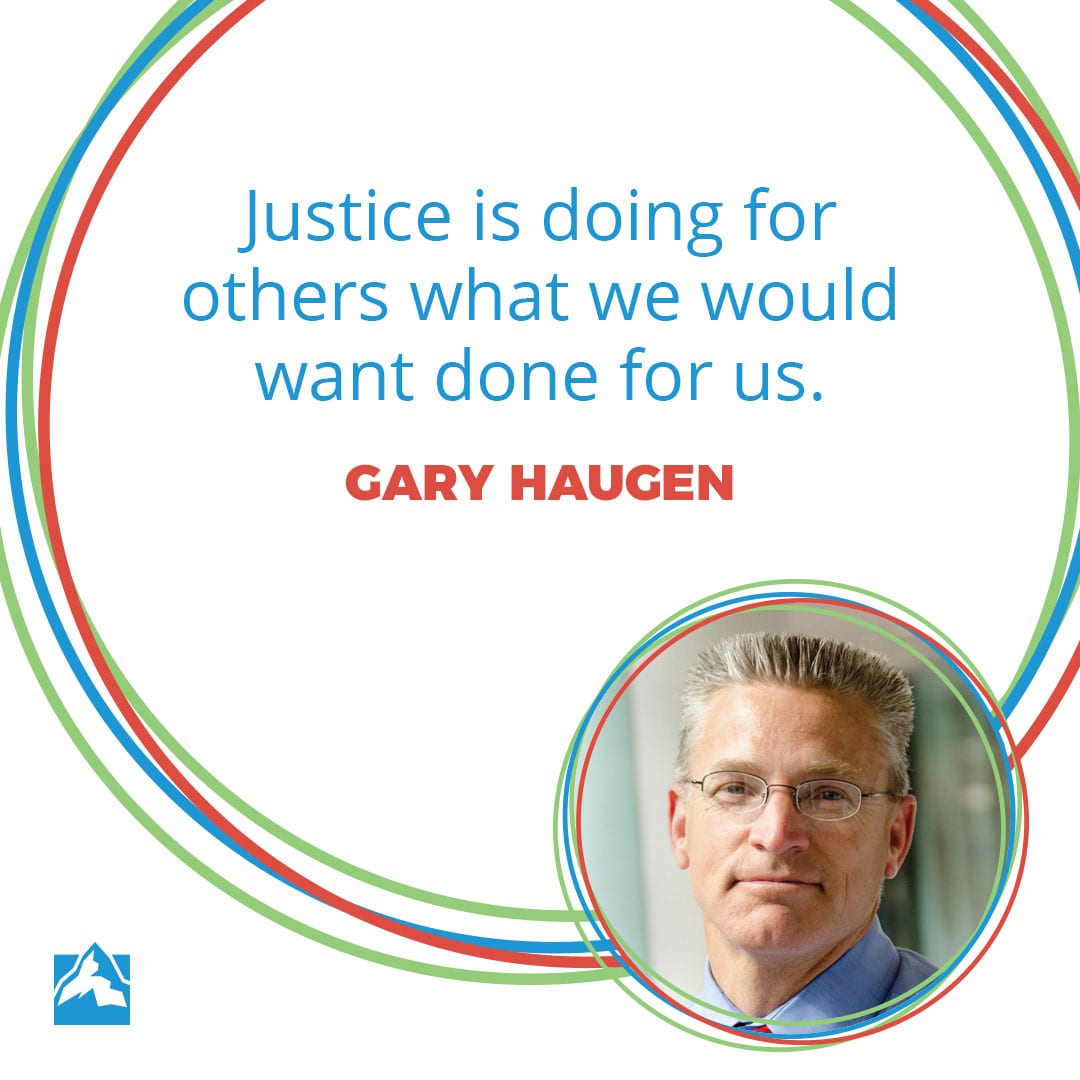
Justice is doing for others what we would want done for us.
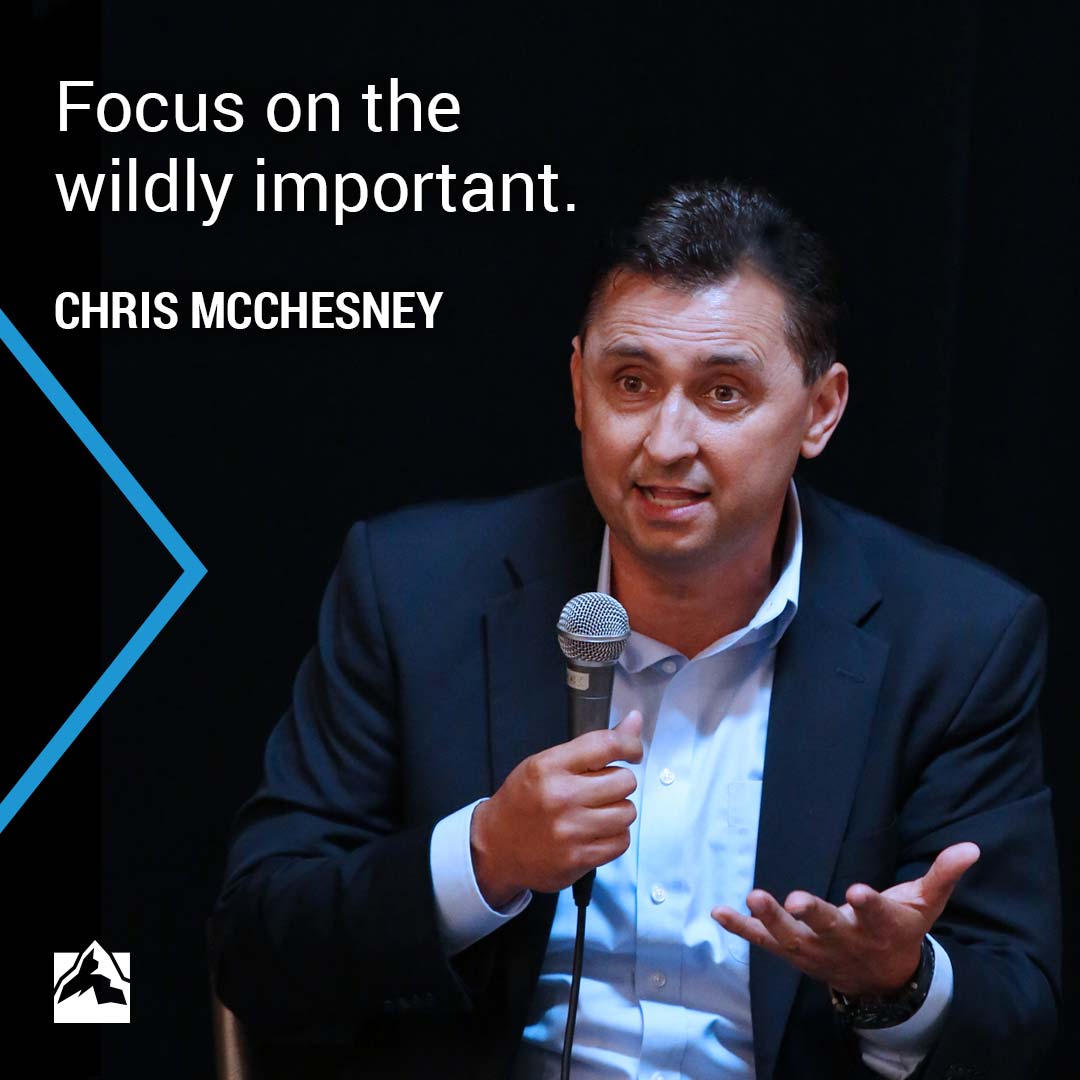
Focus on the wildly important.

Get free, instant access to GLS Podcast Episode Show Notes. Leverage episode summaries, key takeaways, reflection questions, resources mentioned, related links and applicable downloads, including Show Notes PDF and Episode Audio File (MP3).
Sheila Heen’s excellent talk unpacks the challenges and opportunities we face when we receive feedback. She identifies three different kinds of feedback: appreciation, coaching and evaluation, and describes how clarity in understanding the kind of feedback we receive helps us understand it more easily.
Thanks for the Feedback by Douglas Stone and Sheila Heen
Evangelical Free Church of America
“We welcome and encourage comments on this site. There may be some instances where comments will need to be edited or removed, such as:
If you have any questions on the commenting policy, please let us know at heretoserve@globalleadership.org”
Recent Comments